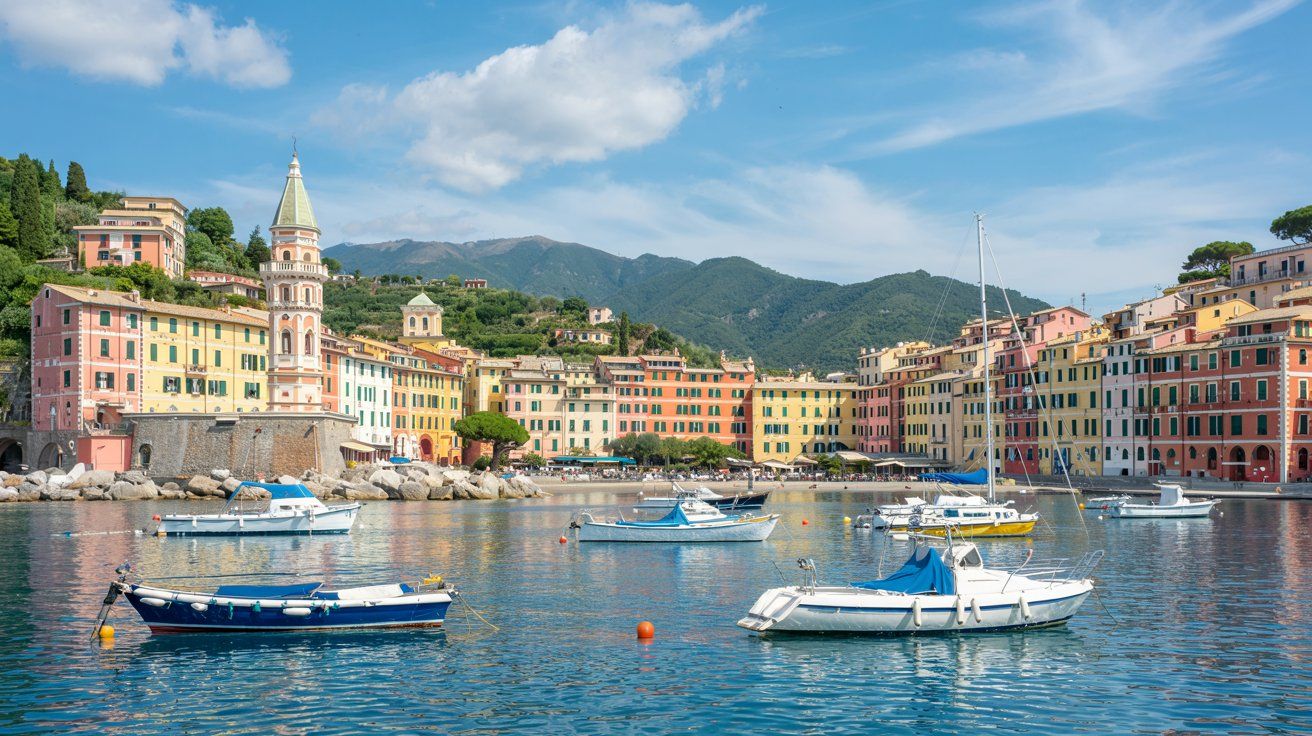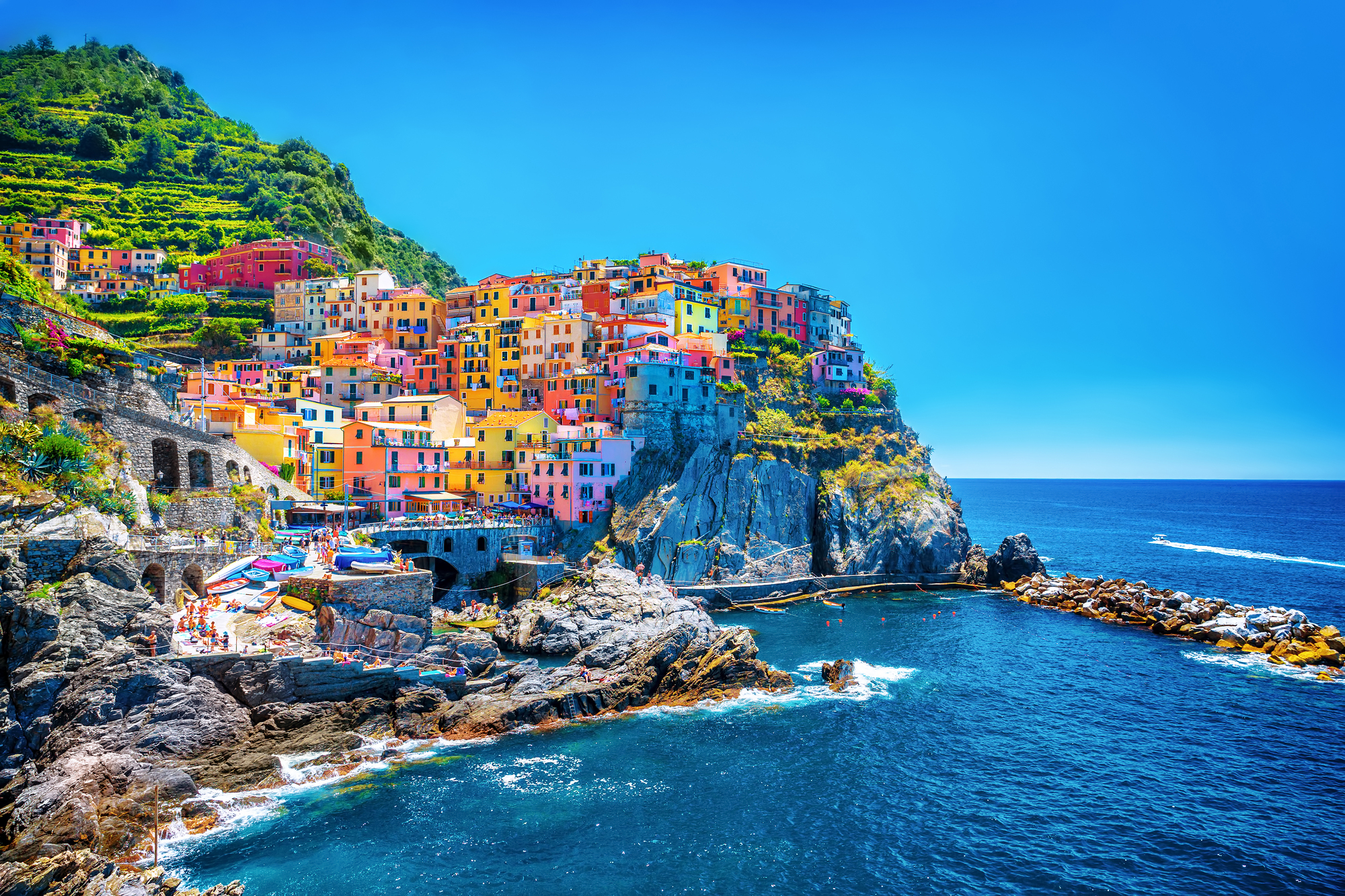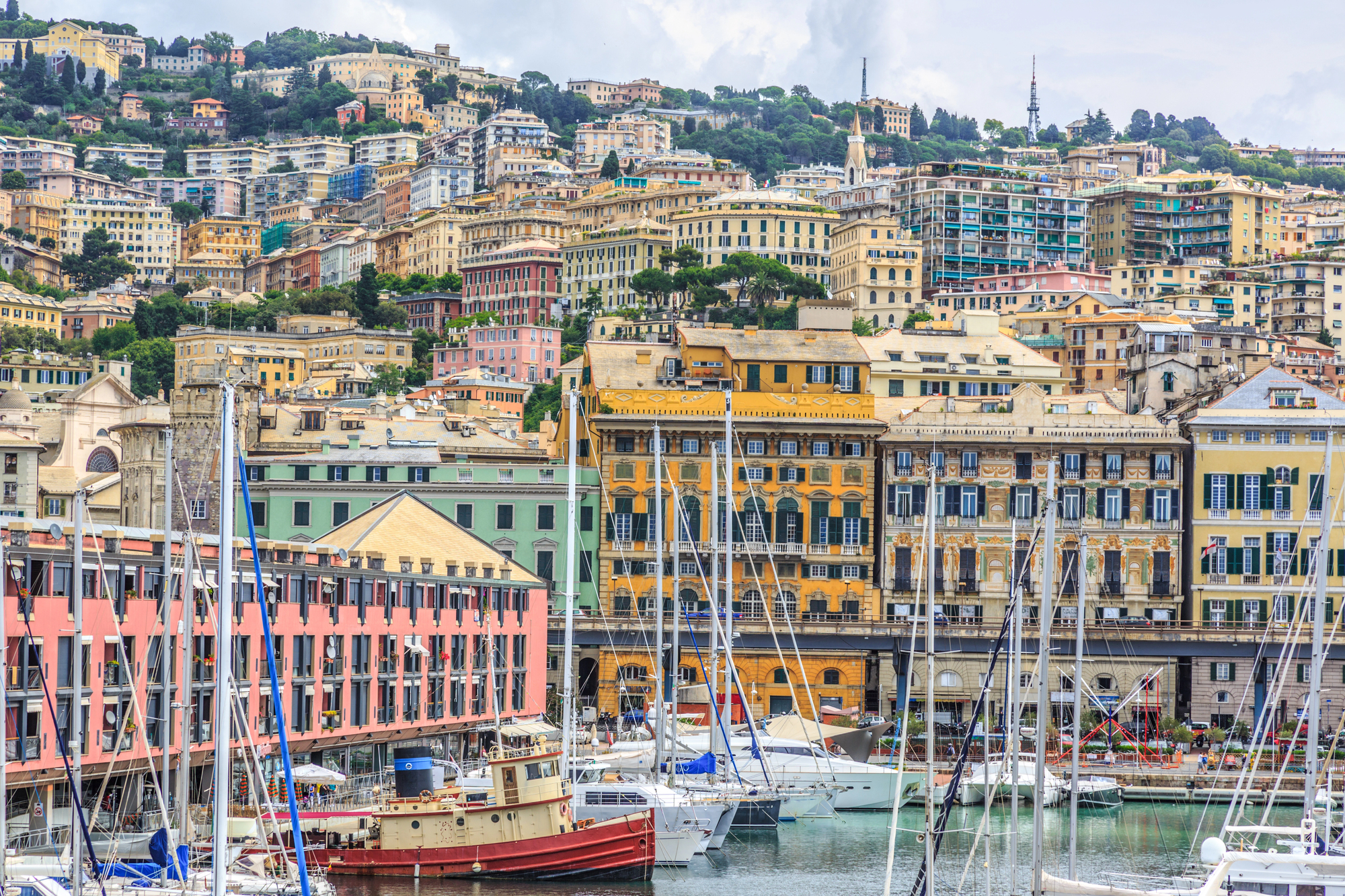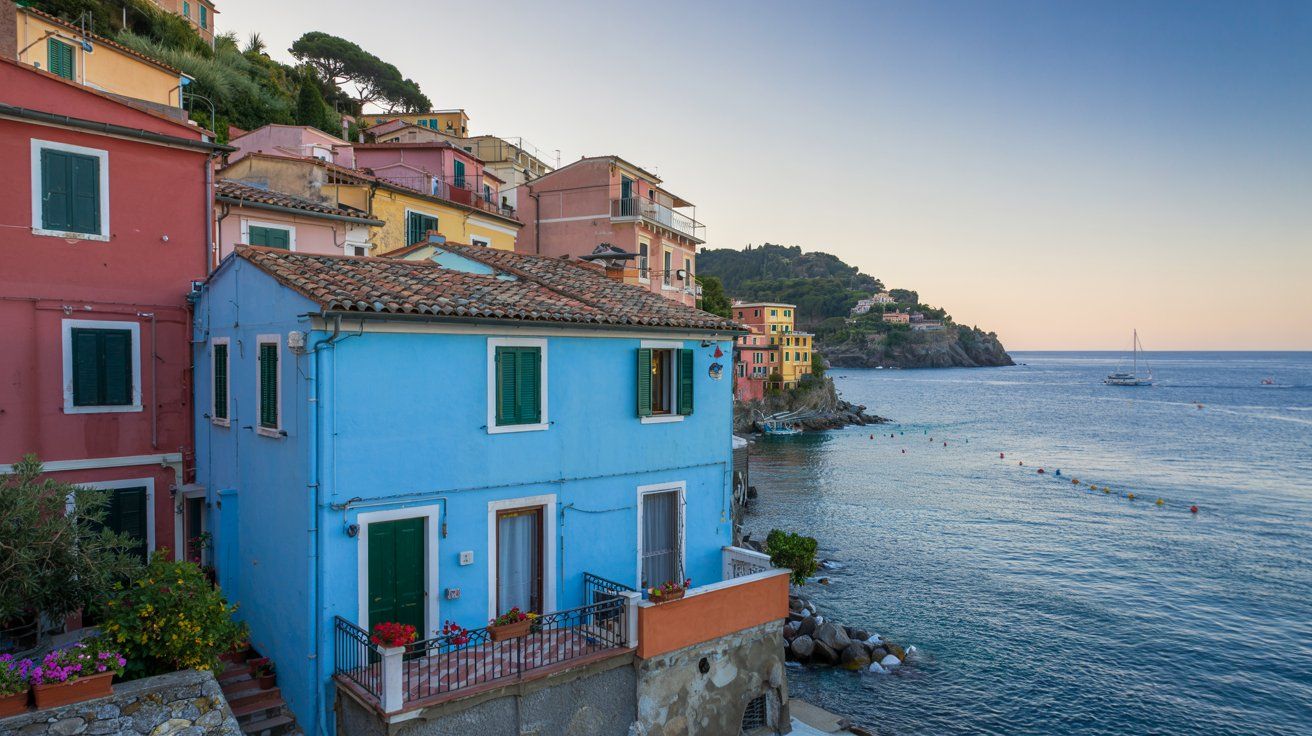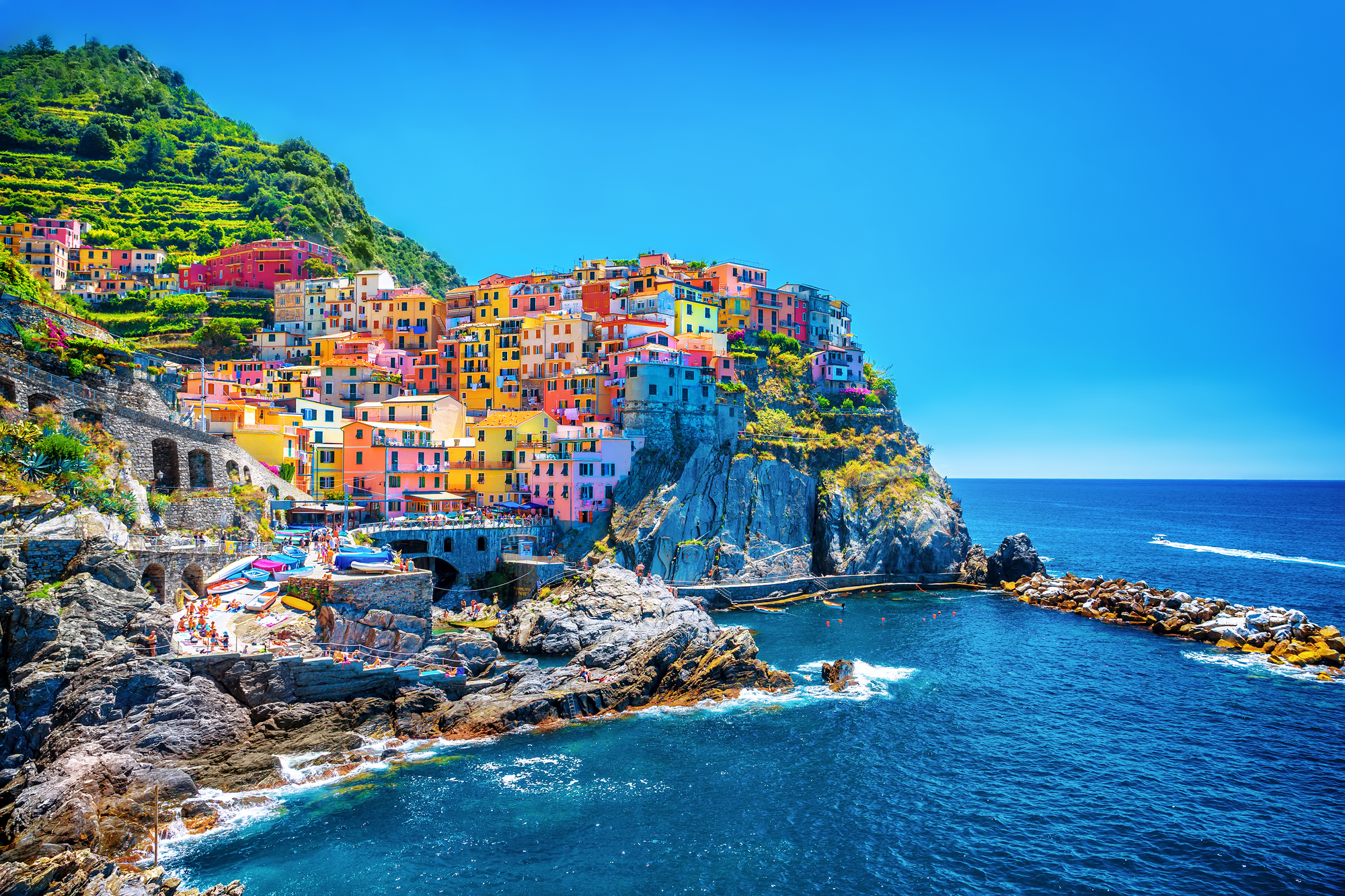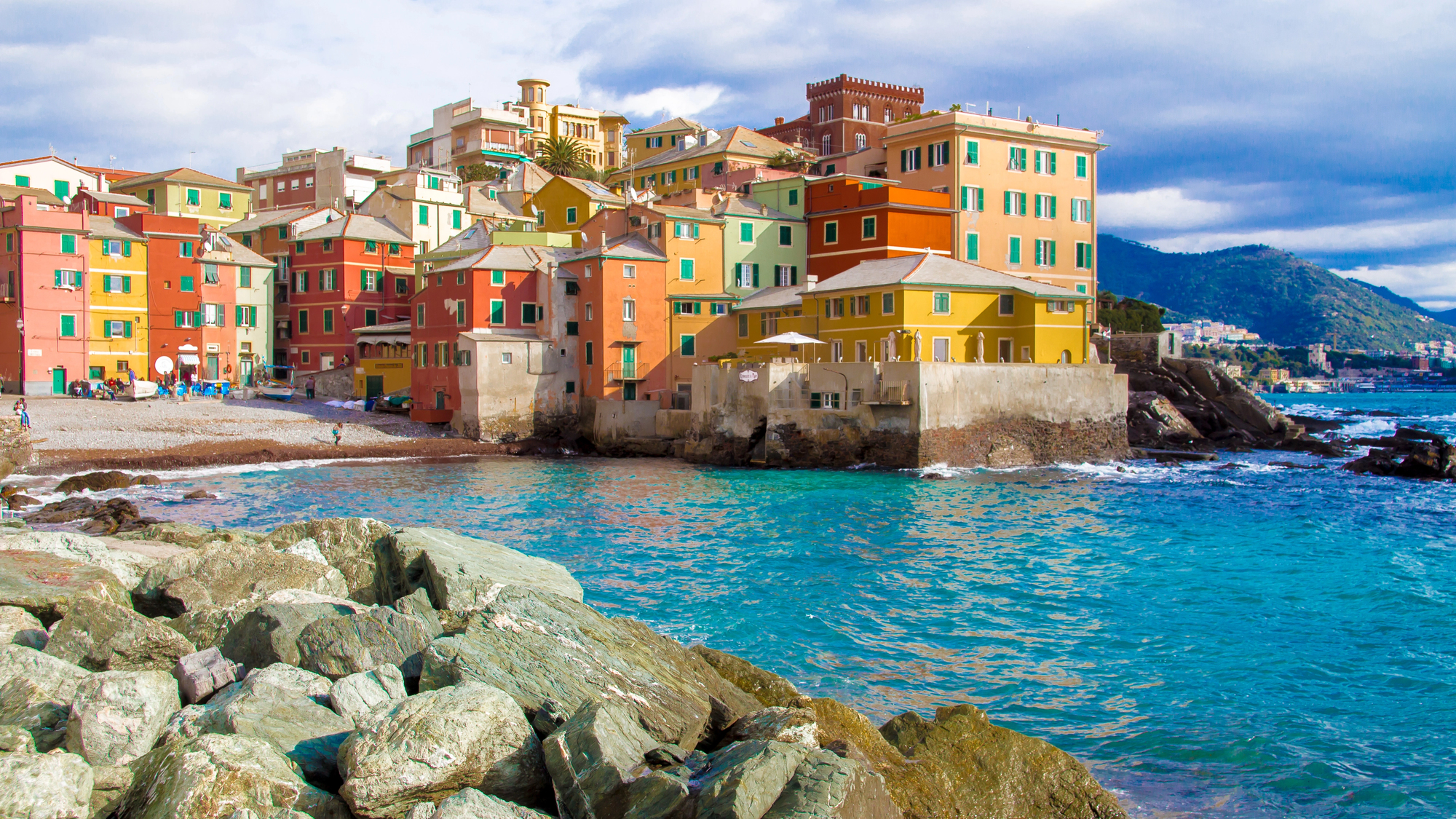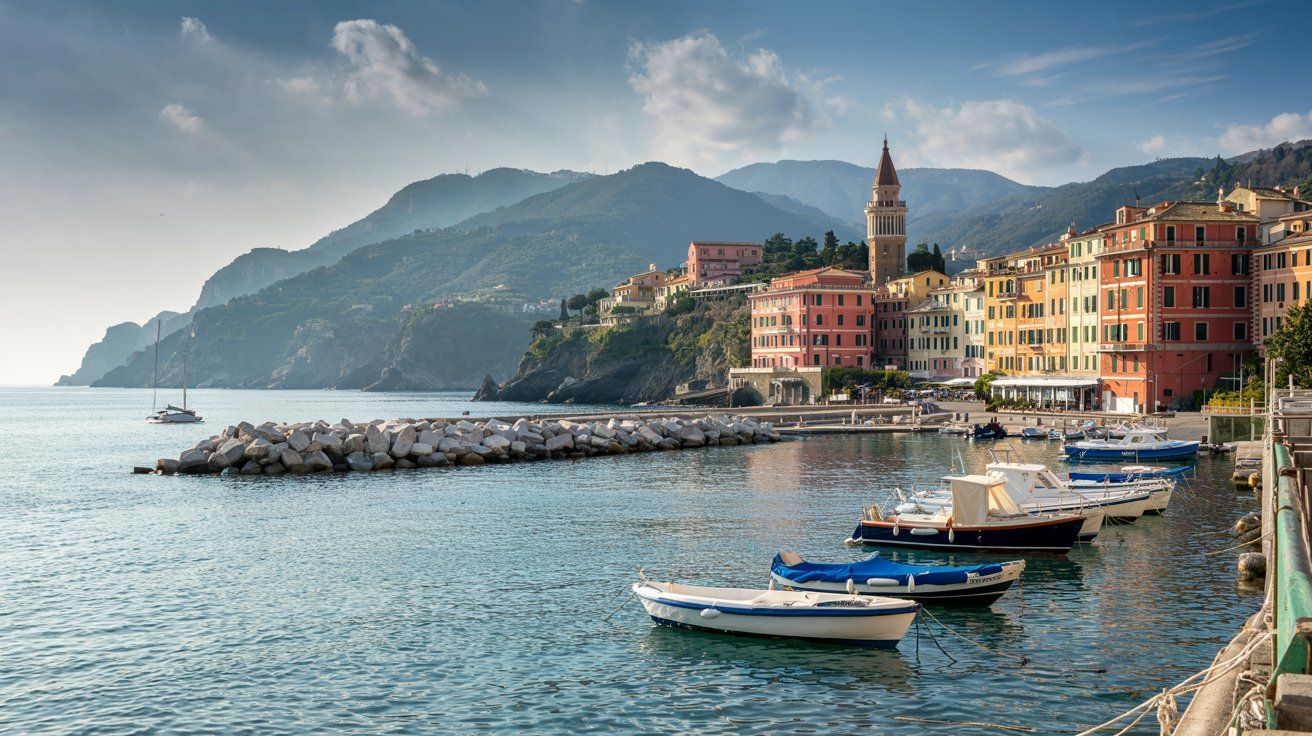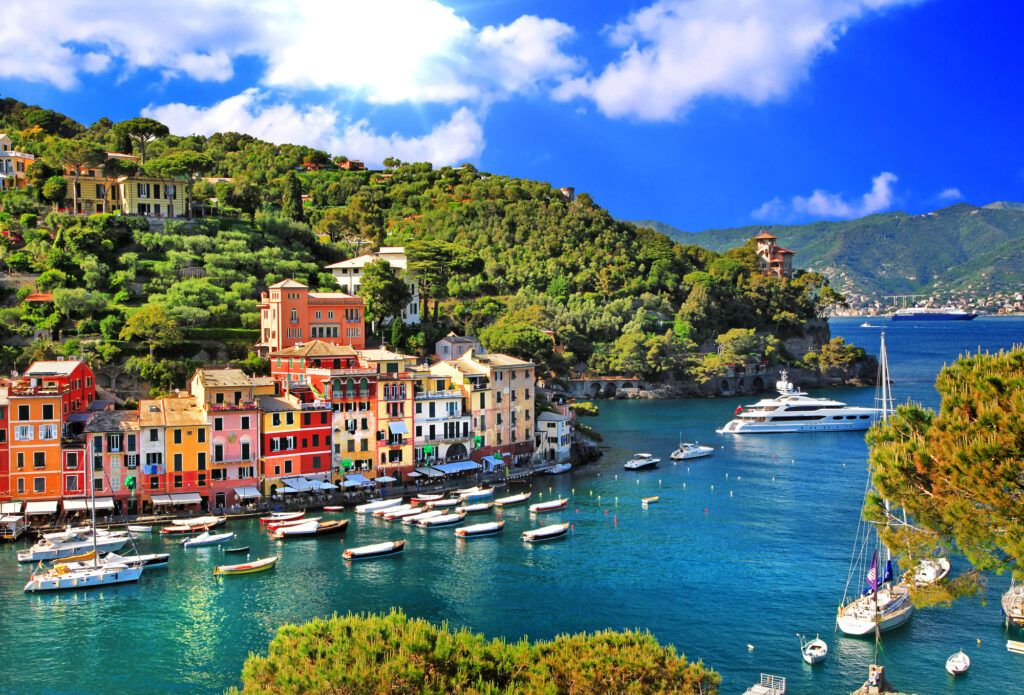This blog post examines a curious publishing problem: a news item that contains only the words “State Zip Code Country” — clearly placeholder metadata rather than meaningful content. It shows how a travel writer can transform such a blank slate into useful, SEO-friendly material.
Drawing on three decades of experience writing about Italy, I’ll explain why placeholders matter and how to avoid empty entries. Missing content can be an opportunity to craft better travel guidance focused on the Italian Riviera.
Find available hotels and vacation homes instantly. No fees, best rates guaranteed!
Check Availability Now
When “State Zip Code Country” is all you get: why placeholders break the reader’s journey
Occasionally news feeds, CMS exports, or archival pages return nothing but skeleton metadata: field names or placeholders with no substantive text. This frustrates readers, damages SEO, and erodes trust with the audience.
For travel writing, where vivid description and practical details are everything, blanks are especially damaging.
From empty fields to engaging narratives
Rather than letting an incomplete entry rot in the archive, editors and writers can transform it into a concise, useful piece.
Start by identifying the context the placeholders hint at — location, mailing details, or submission forms. Then build content that answers what readers were likely seeking.
For travel sites, that typically means destination overviews, practical directions, and local highlights.
Practical steps for editors and travel writers:
Elegant resorts, charming apartments, and vacation rentals with immediate confirmation. From Portofino to Cinque Terre, discover the most beautiful coastal towns of Liguria!
See Available Properties
How to turn a skeletal entry into a short travel primer:
Assume the missing content concerns a place and supply a compact guide: brief history, how to get there, one or two must-see sights, and recommended nearby towns.
This format preserves SEO value and gives readers something actionable while comprehensive coverage is prepared.
As a hands-on example, imagine the placeholder referred to a coastal Italian location.
A short, usable entry could cite transportation hubs, local gastronomy, and nearby villages — useful whether the reader plans a weekend escape or a longer regional tour.
Easy booking across stunning accommodations from historic hotels to modern retreats. Pastel-colored buildings and crystal waters create the perfect Mediterranean escape!
Secure Your Italian Getaway
Essential towns in the Italian Riviera to include in any coastal primer:
Each of these towns offers a different flavor of the Italian Riviera — from Genoa’s historic port to Portofino’s glitzy marina and the colorful Cinque Terre villages like Monterosso, Vernazza, Manarola and Riomaggiore.
Mentioning several nearby spots increases relevance for search queries and gives readers immediate itinerary ideas.
SEO tip: include clear, local keywords (town names, “how to get there,” “best time to visit”) and keep meta descriptions accurate.
Never leave meta fields as placeholders like “State Zip Code Country.”
Here is the source article for this story: Italy Lupa Capitolina Prize
From seaside palazzos to hillside villas, find your perfect stay along this stunning stretch of Mediterranean coastline. Instant booking with best price guarantee!
Browse Accommodations Now

